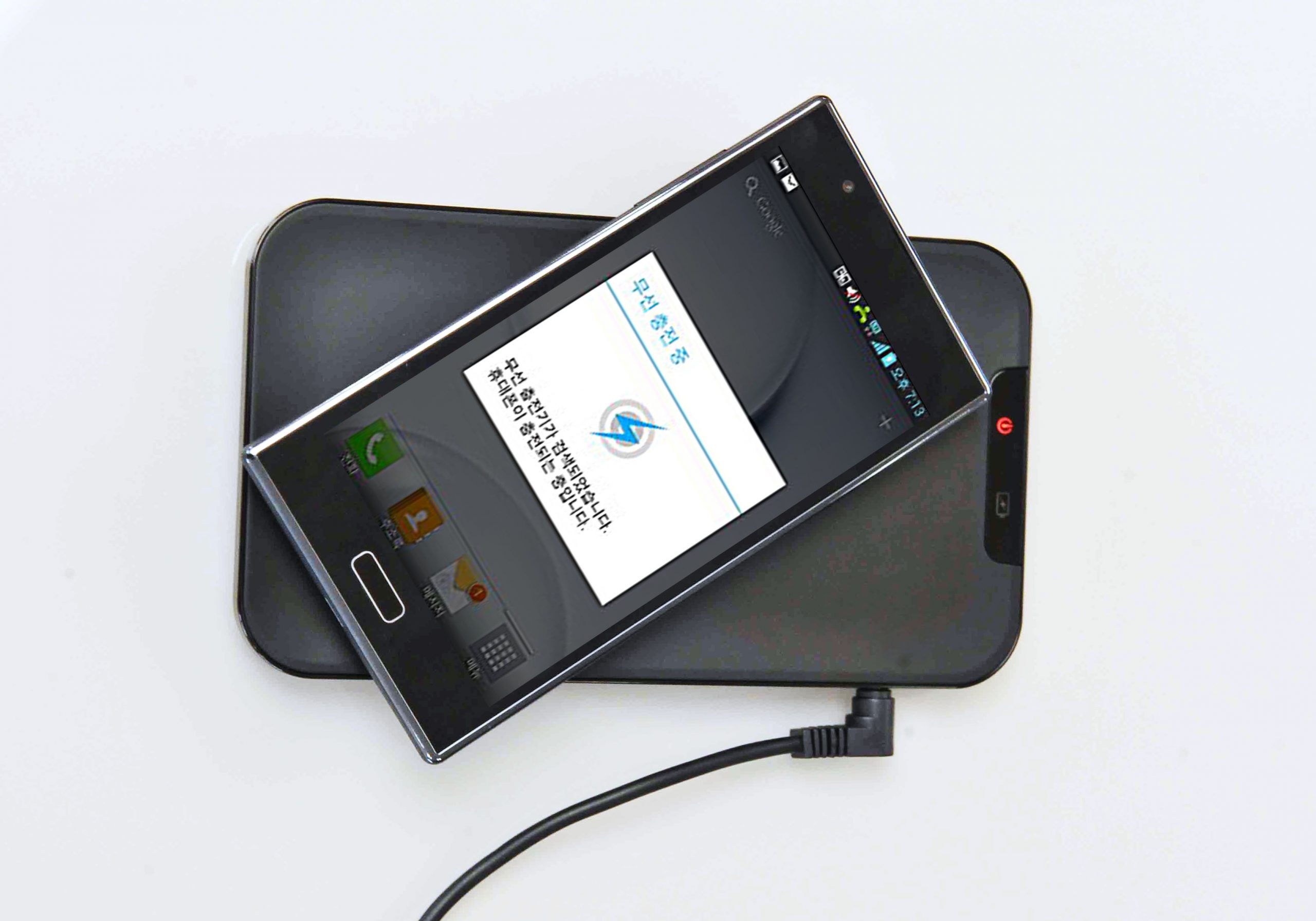Featured
NFC wireless charging standard for low-power devices
The standard allows small, battery-powered devices to be charged with a smartphone at a power transfer rate of up to one watt.
Published on


The standard allows small, battery-powered devices to be charged with a smartphone at a power transfer rate of up to one watt.
The NFC Forum has announced that its Board of Directors approved and adopted the Wireless Charging Specification (WLC). This specification makes it possible to wirelessly charge small, battery-powered consumer and IoT devices with a smartphone or other NFC charging device at a power transfer rate of up to one watt. This can improve the user experience for the two billion consumers and businesses using smartphones and other NFC-enabled devices.
The WLC enables a single antenna in an NFC-enabled device to manage both communications and charging. This solution makes it easier and more convenient to charge low-power IoT devices such as smart watches, fitness trackers, wireless earbuds, digital pens and other consumer devices.
The WLC was published last year as a Candidate Specification and after a careful validation process, the NFC Forum is now able to publish this specification as an adopted Technical Specification, ready for implementation in the market.
“The NFC Forum’s Wireless Charging Technical Specification allows for wireless charging of small battery-powered devices like those found in many of the estimated 36 billion IoT devices in use today,” said Koichi Tagawa, chair, NFC Forum. “NFC wireless charging is truly transformative because it changes the way we design and interact with small, battery-powered devices as the elimination of plugs and cords enables the creation of smaller, hermetically-sealed devices.”
About The NFC Forum Wireless Charging Specification
This NFC specification uses the 13.56 MHz base frequency and leverages the NFC communication link to control the power transfer. NFC technology is unique in that it allows the transfer of power to an NFC tag to enable communication by providing a constant carrier signal. The WLC specification extends this communication functionality of NFC technology to enable wireless charging.
| Thank you for Signing Up |



